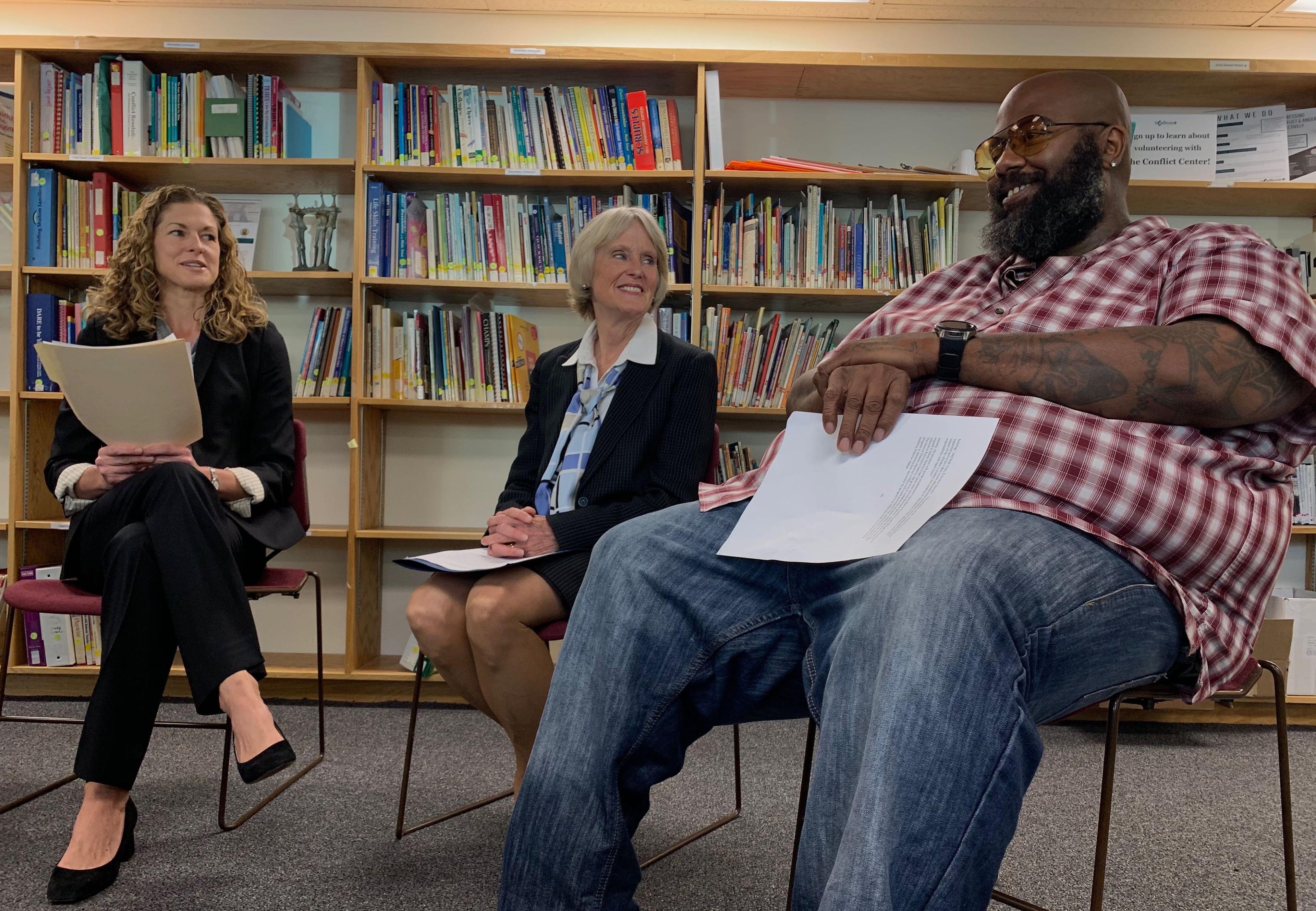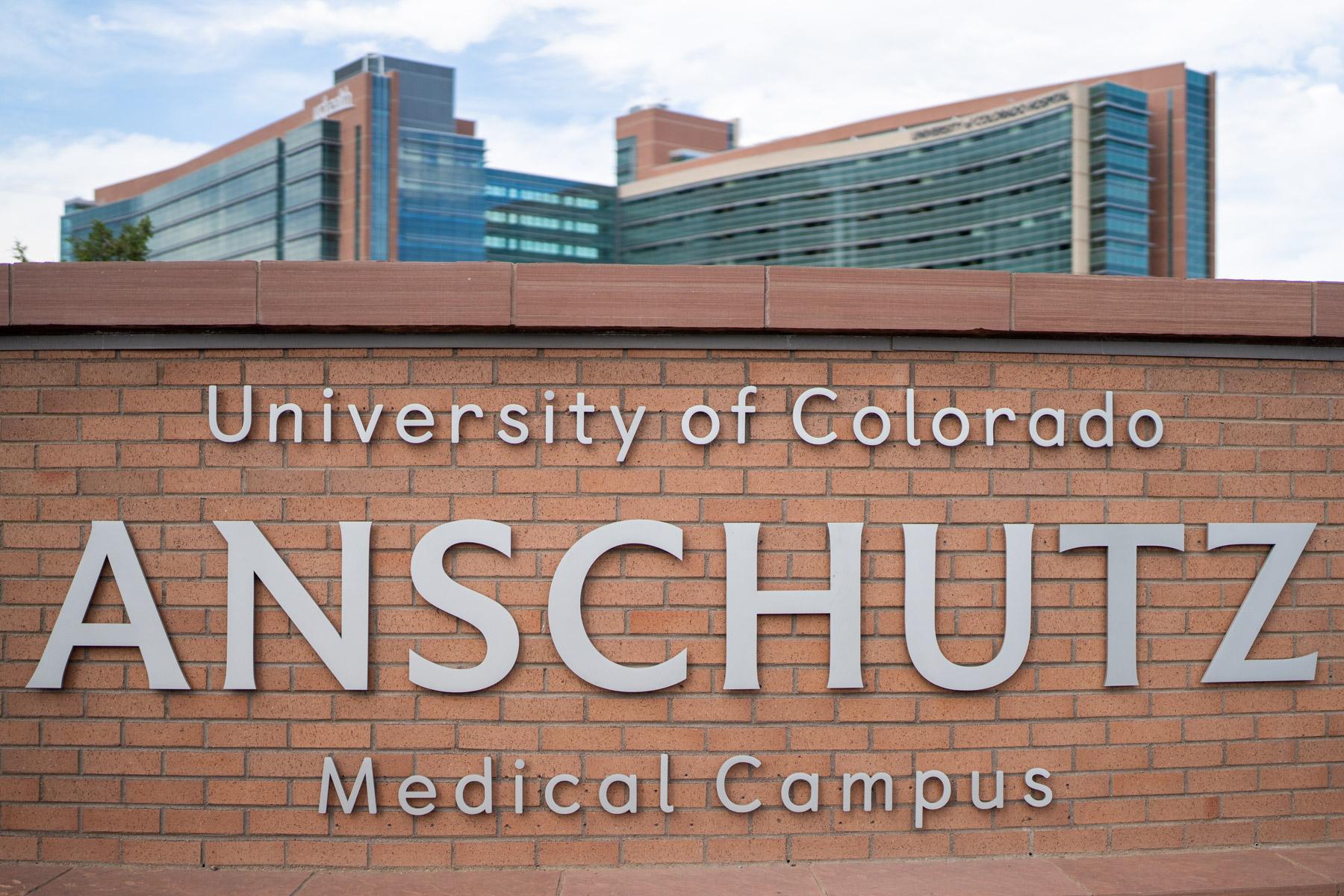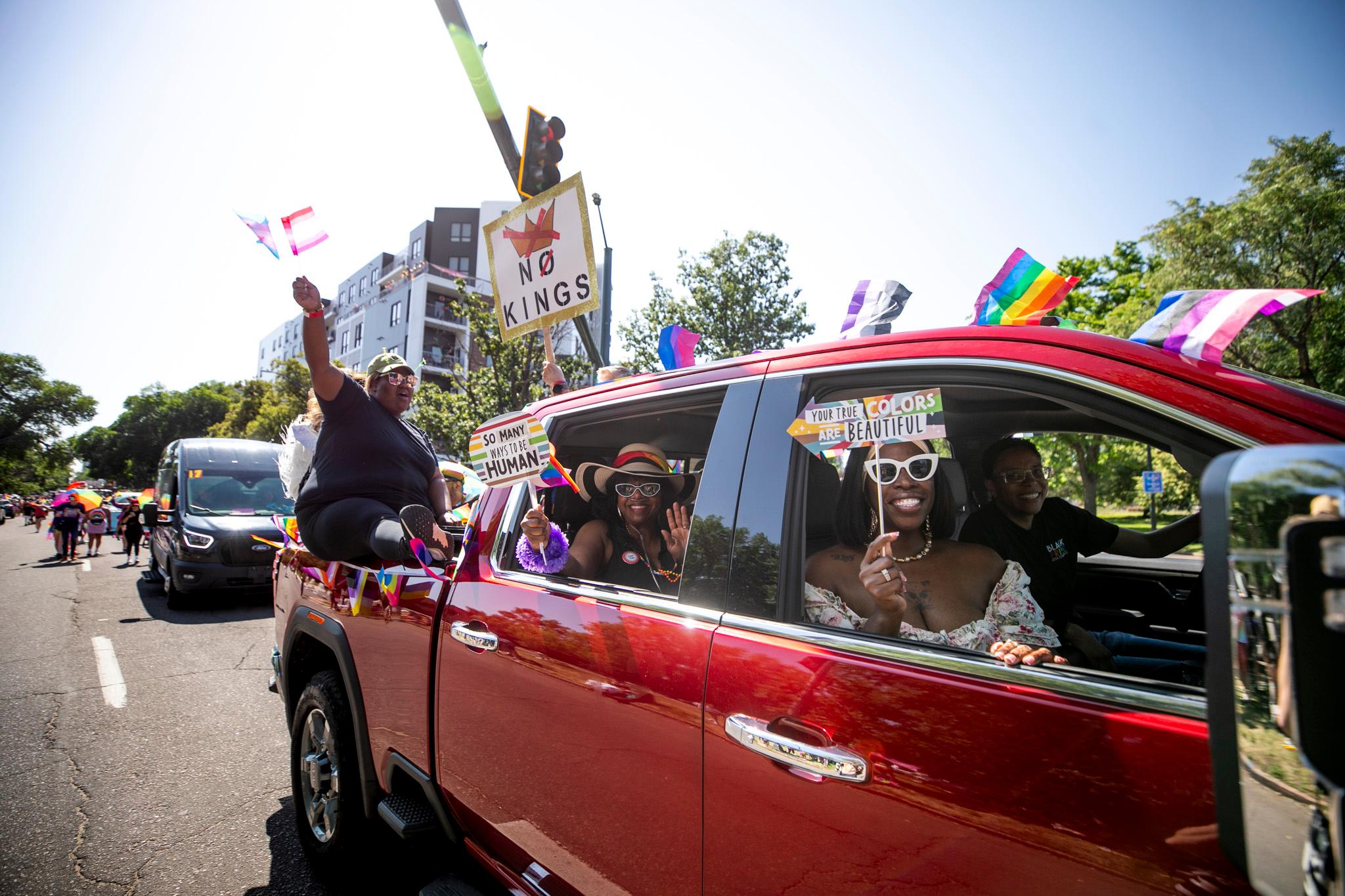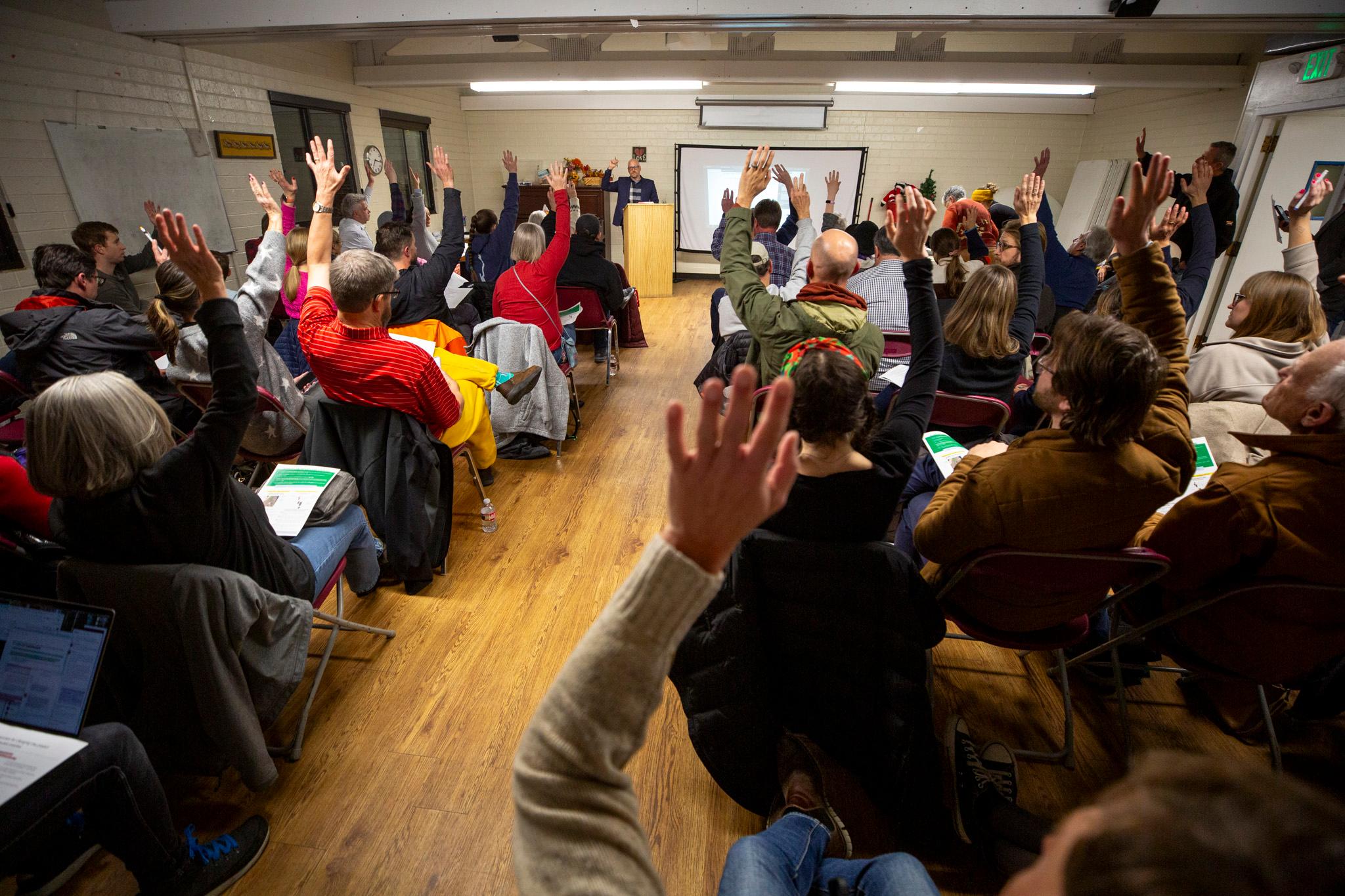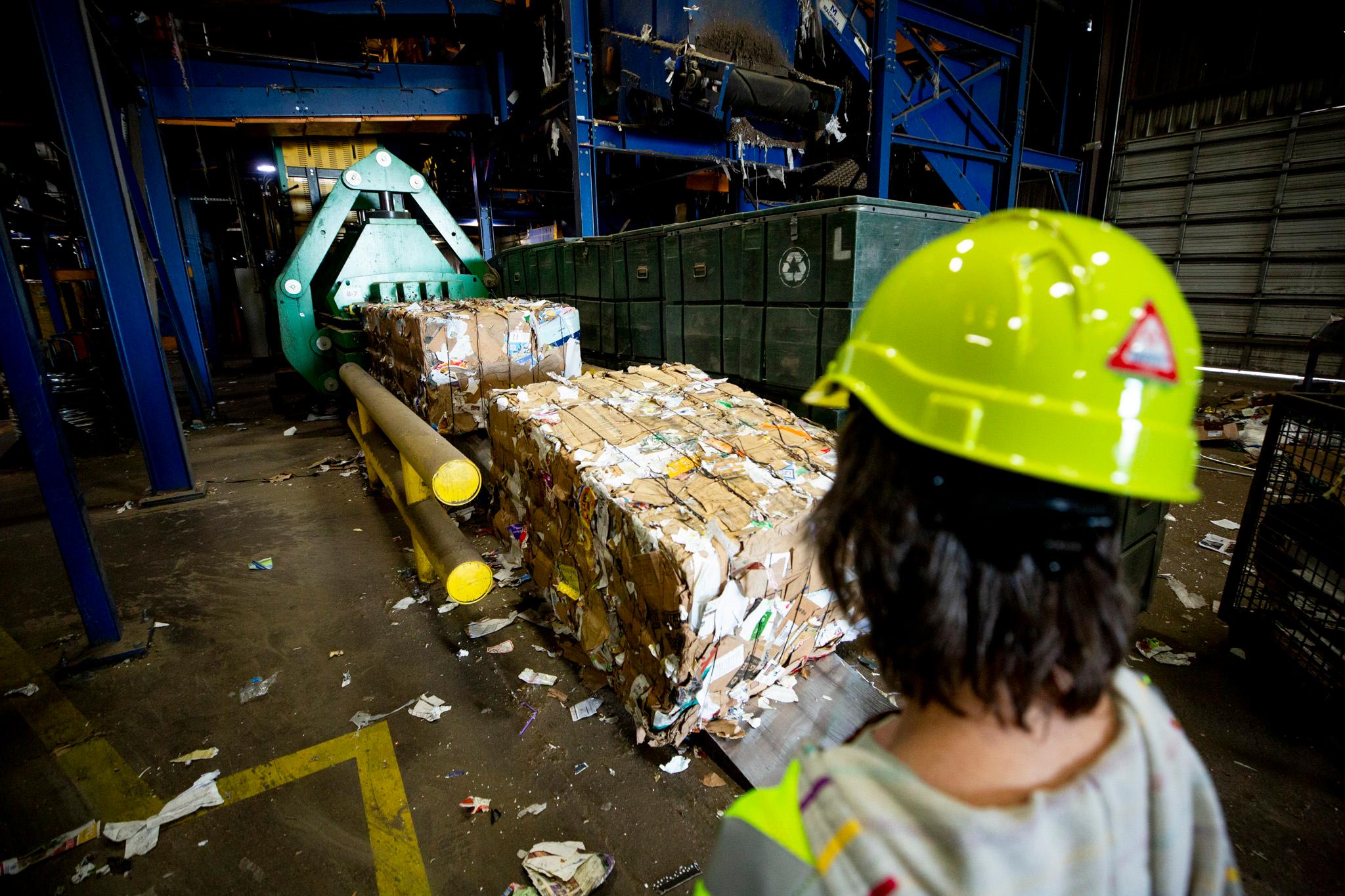Denver District Attorney Beth McCann is the first to admit an initial skepticism over the relatively new approach of handling crimes called restorative justice.
It allows the victim and perpetrator of a crime to sit down, talk and figure out a way to come up with a way to potentially find a resolution and avoid traditional forms of punishment. McCann initially started a program using this method for juveniles about two years ago when she started her tenure.
She ended up observing a restorative justice session involving a high school student who had taken a teacher's car for a joyride. The situation was resolved successfully, with the young man required to work at a local Boys and Girls Club.
"I thought, 'You know, this works,'" McCann said. "It's empowering. It's empowering for victims of crime and it's also empowering for the community, to have this opportunity to discuss it."
On Thursday, her office announced that a similar program for adults, called Restorative Denver, would now be available for certain misdemeanor crimes.
It will make Denver the largest city in the state with such a program. Similar programs exist in Longmont and Boulder, and elsewhere cities like San Francisco and Seattle have similar programs.
"It's kind of a different way to look at criminal justice and what's an appropriate resolution," McCann said. She added, "I am a big supporter of innovative programs to look at how we address mass incarceration and criminal justice in a more effective way, without compromising public safety."
The program is in partnership with the Conflict Center, where Thursday's announcement was made. Conflict Center Executive Director Beth Yohe said the nonprofit organization specializes in conflict resolution and advocates for practices like restorative justice in the city.
Some of the benefits McCann said could come from the program include improved public safety, improved victim satisfaction, reduced recidivism and cost reduction.
"This type of program could have been a solution when I was younger," said Vinnie Cervantes, who serves on the Conflict Center's board. "This is how we avoid throwing people away and avoid disposing of people who have created some kind of harm or have made a mistake."
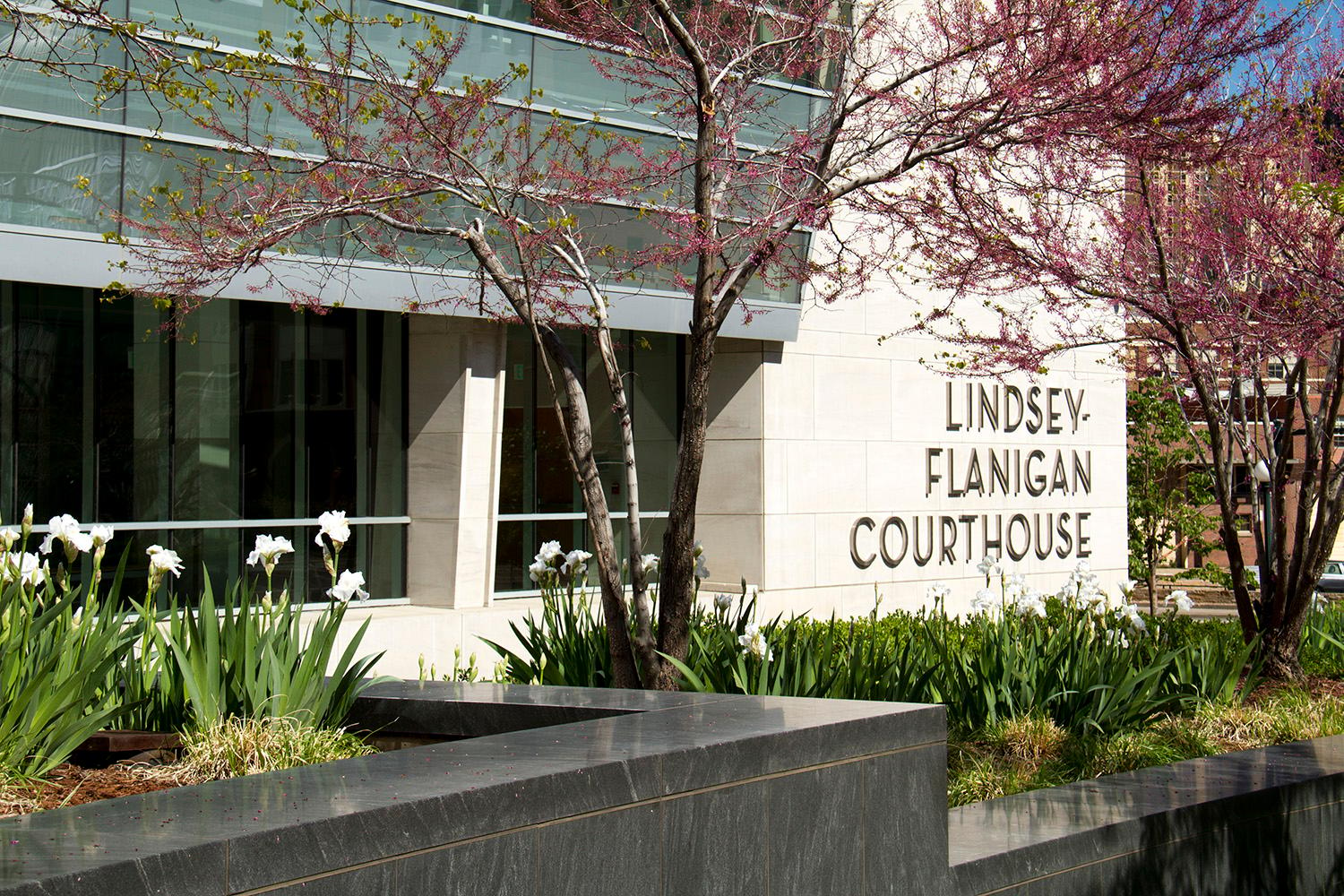
Jason McBride, who works for a local program for young people called GRASP, helped test out the program recently in a felony assault case -- he was the victim. He cited community involvement in the process as a "huge" factor in his decision.
"I didn't want that kid to go to jail at all," McBride said.
The program starts when the Conflict Center gets a referral for potential cases from the DA's office.
Yohe said they will use a method called a community group conference to work out potential resolutions. The conferences will include trained facilitators and local volunteers to bring the victim and defendant face-to-face to discuss what happened.
The end result, Yohe said, is a written agreement outlining how the defendant can "repair" the harm done. McCann said this can be literal; in cases involving graffiti, for example, someone could be asked to repair the damage. Jail time is still possible, but McCann said the point of the program is to try and avoid that kind of punishment.
The Conflict Center will then monitor the agreement moving forward to assure it's completed.
Once it is, the DA's office will be notified and the case will be dismissed and the records sealed. From start to finish, the DA's office is hoping the process for most cases takes between three to six months.
"I'm sure there will be people who don't complete," McCann said. "We're going to make every effort to have that not happen."
The program only works if the defendant admits wrongdoing and the victim agrees to meeting in the program. McCann said victims may get a surrogate if they don't feel comfortable being in the room.
Right now, the program will only handle misdemeanors in the county court, though it may expand to felonies in the future. McCann said it won't be taking domestic violence or sexual assault cases.
The process can be started by prosecutors and defense attorneys. McCann said a prior criminal record does not disqualify someone from participating in the program. She said the court system, probation departments and Denver Police are aware of the program.
A $20,000 micro-grant from the Colorado Restorative Justice Council is initially funding the program.

